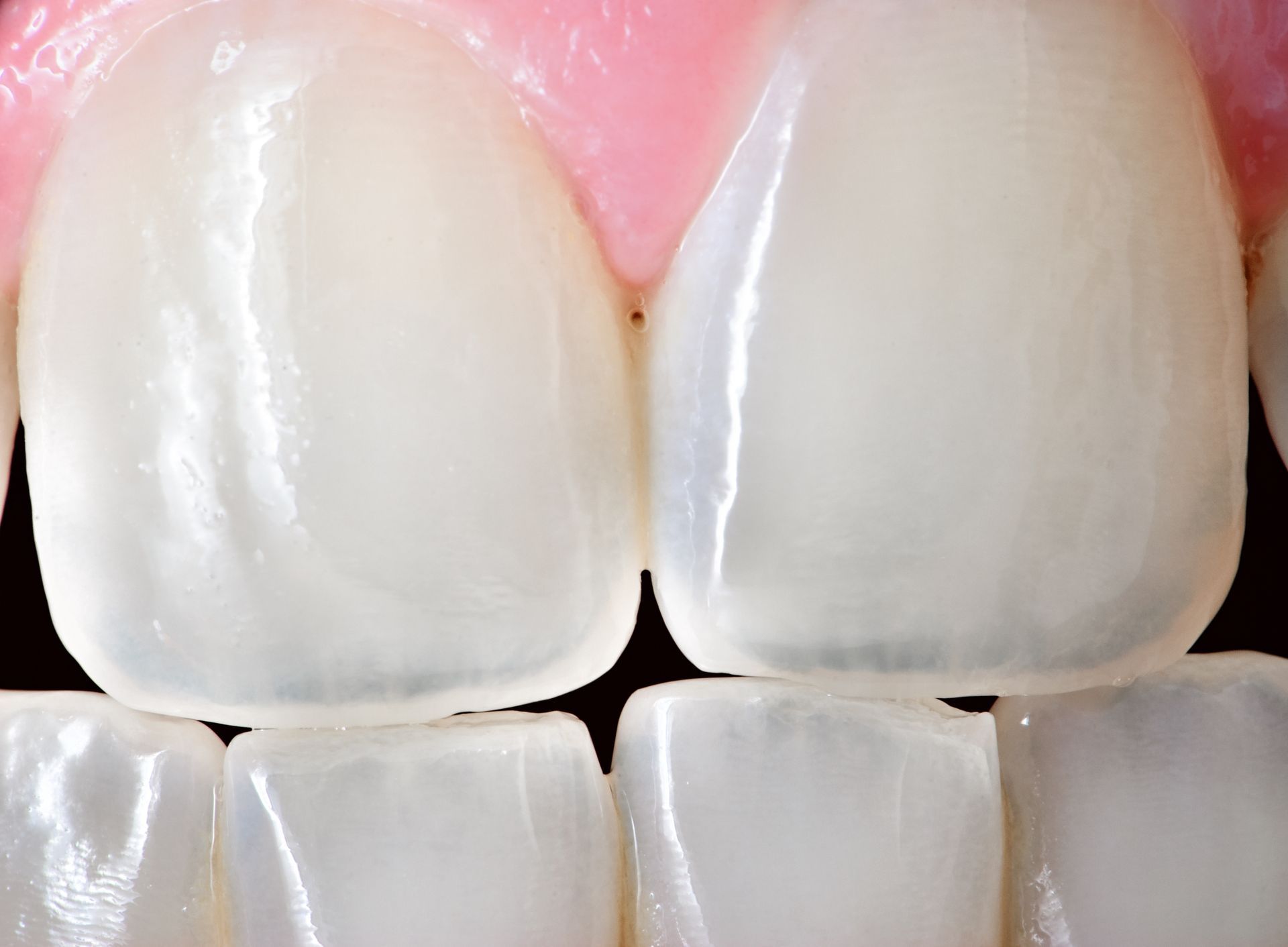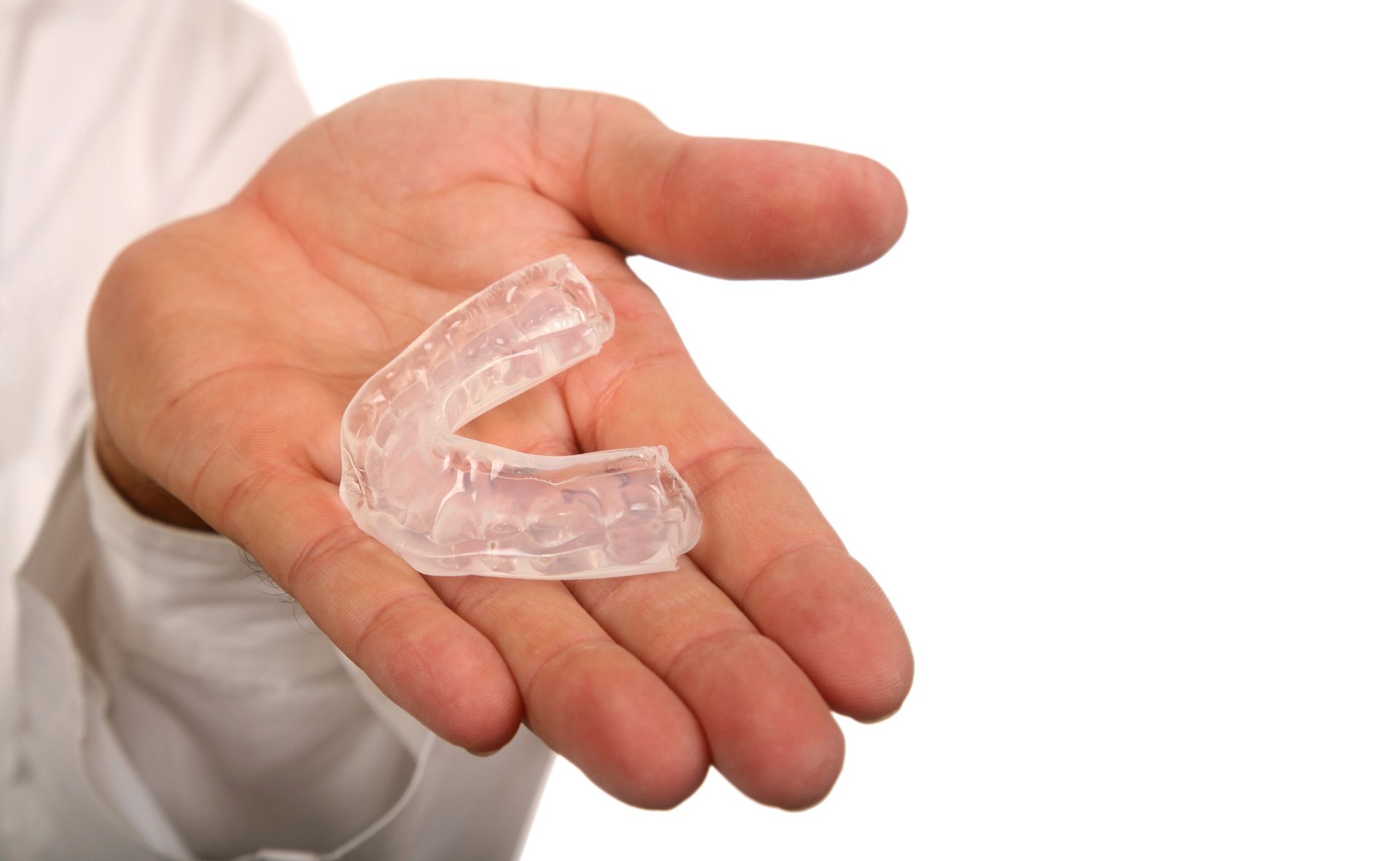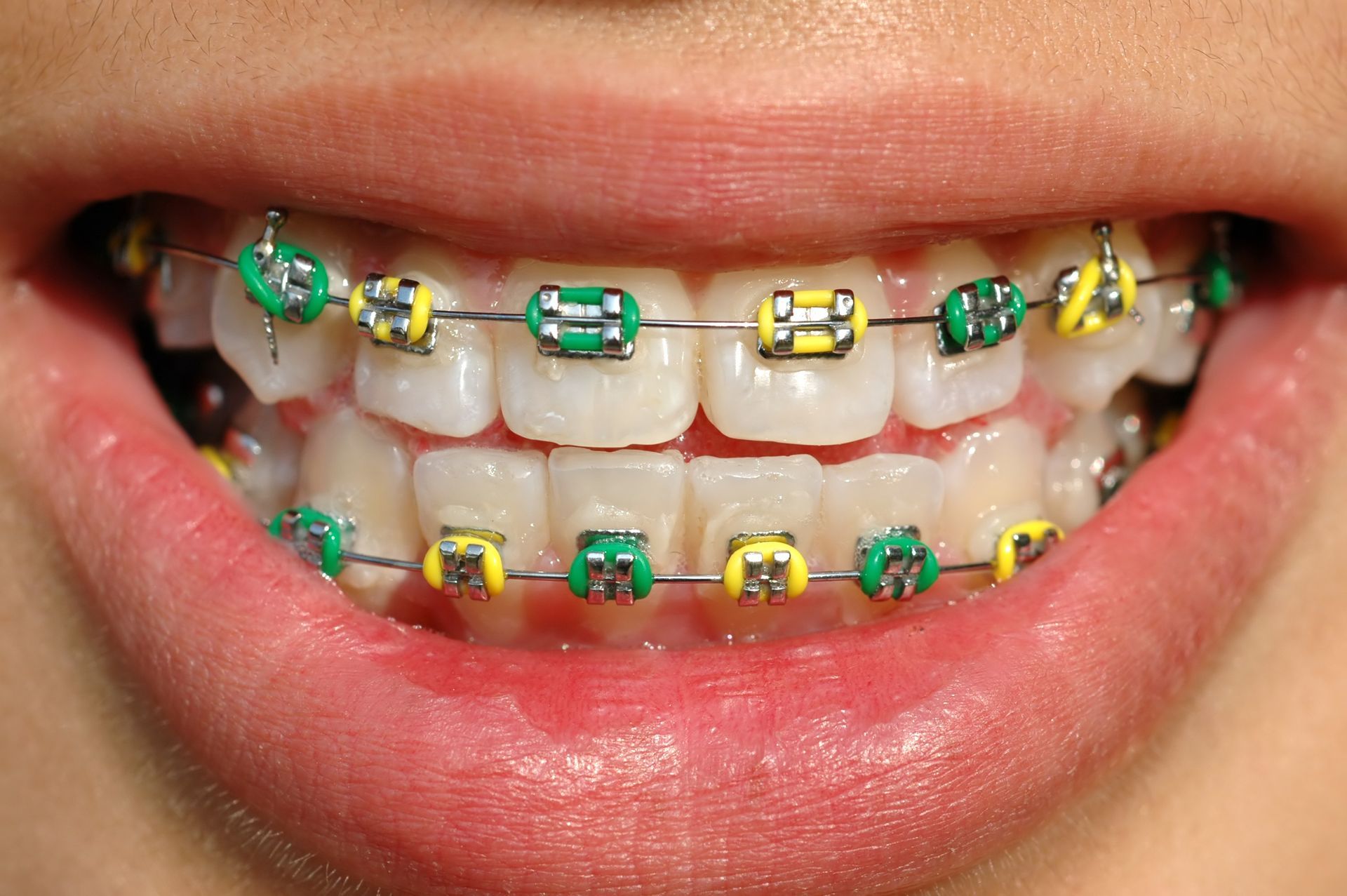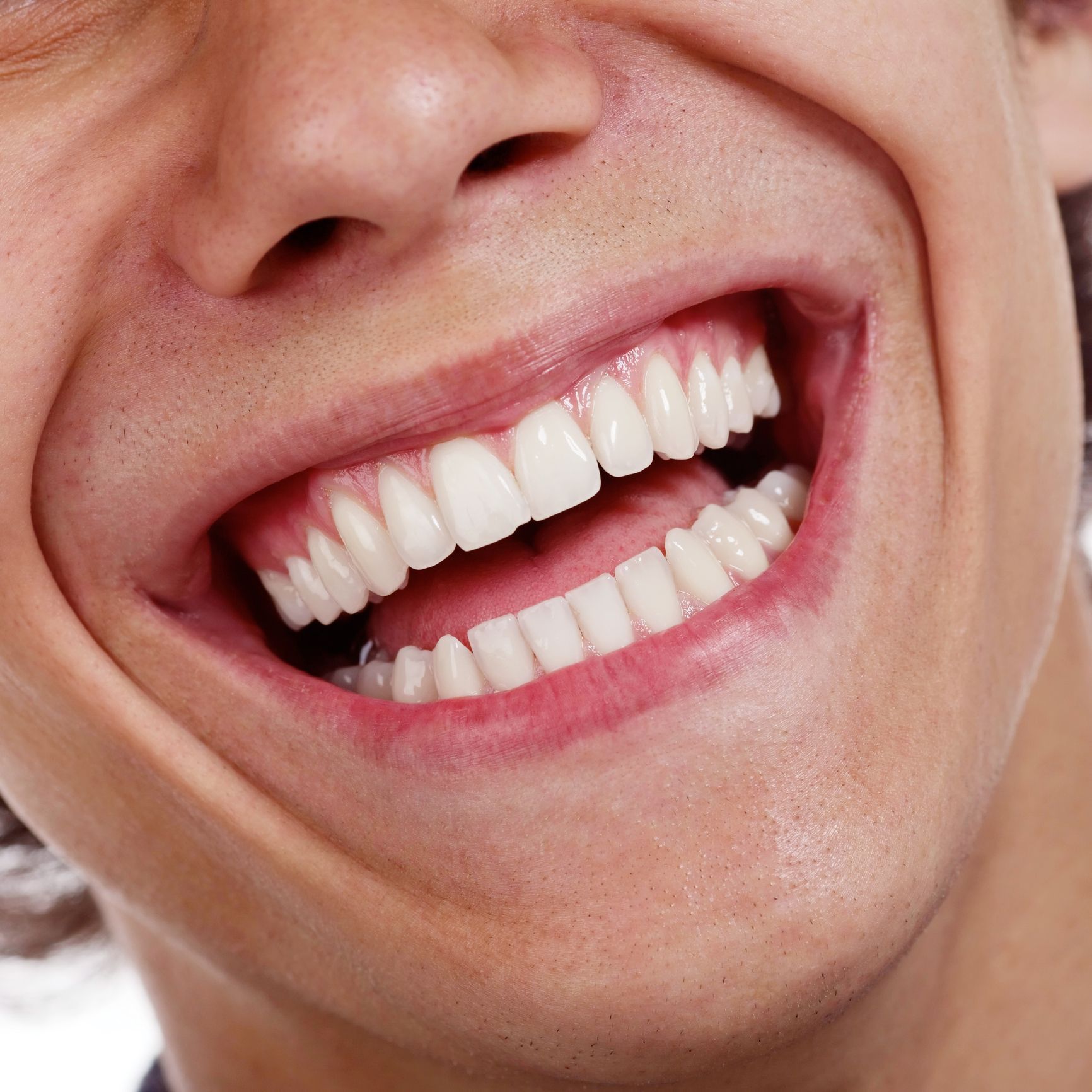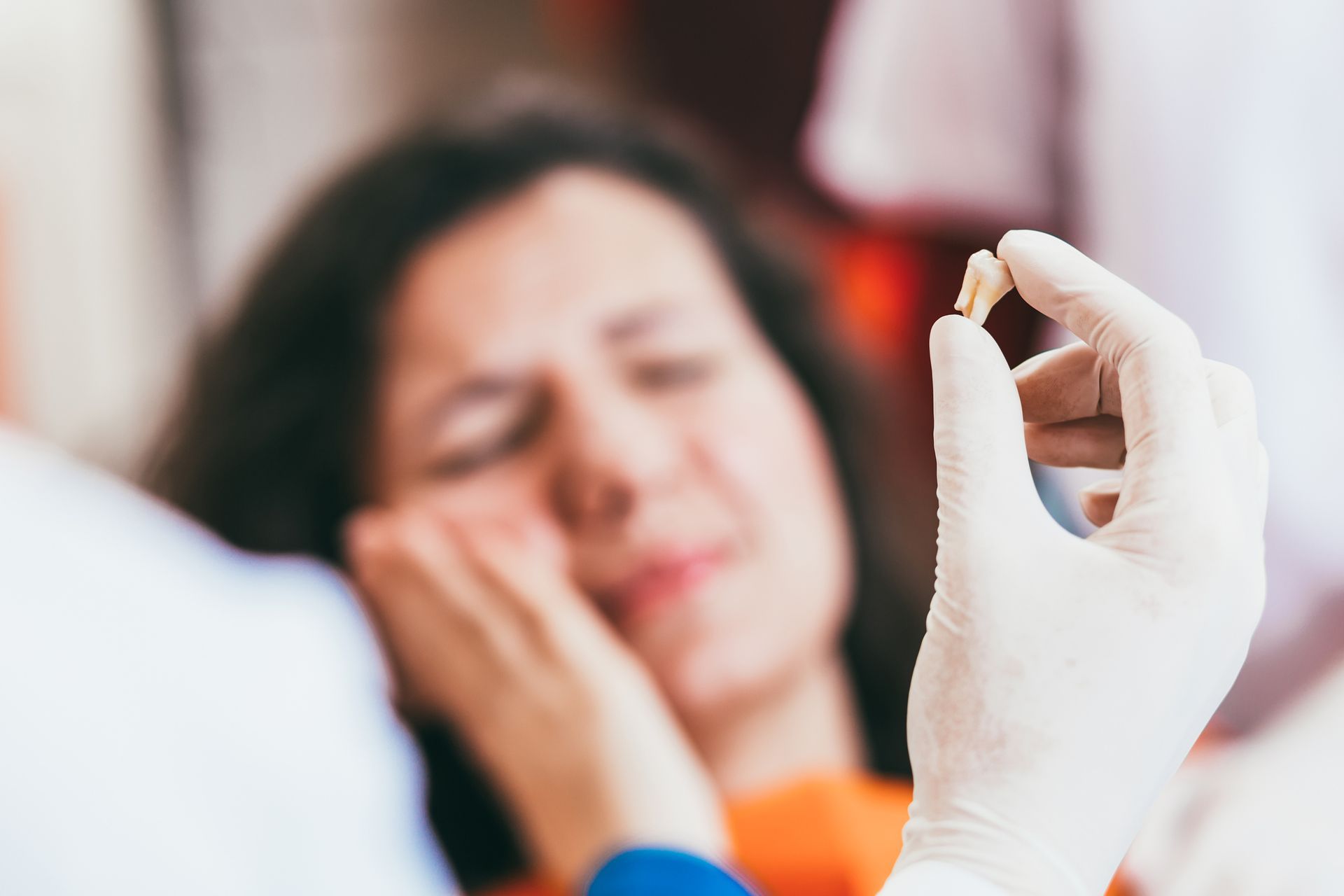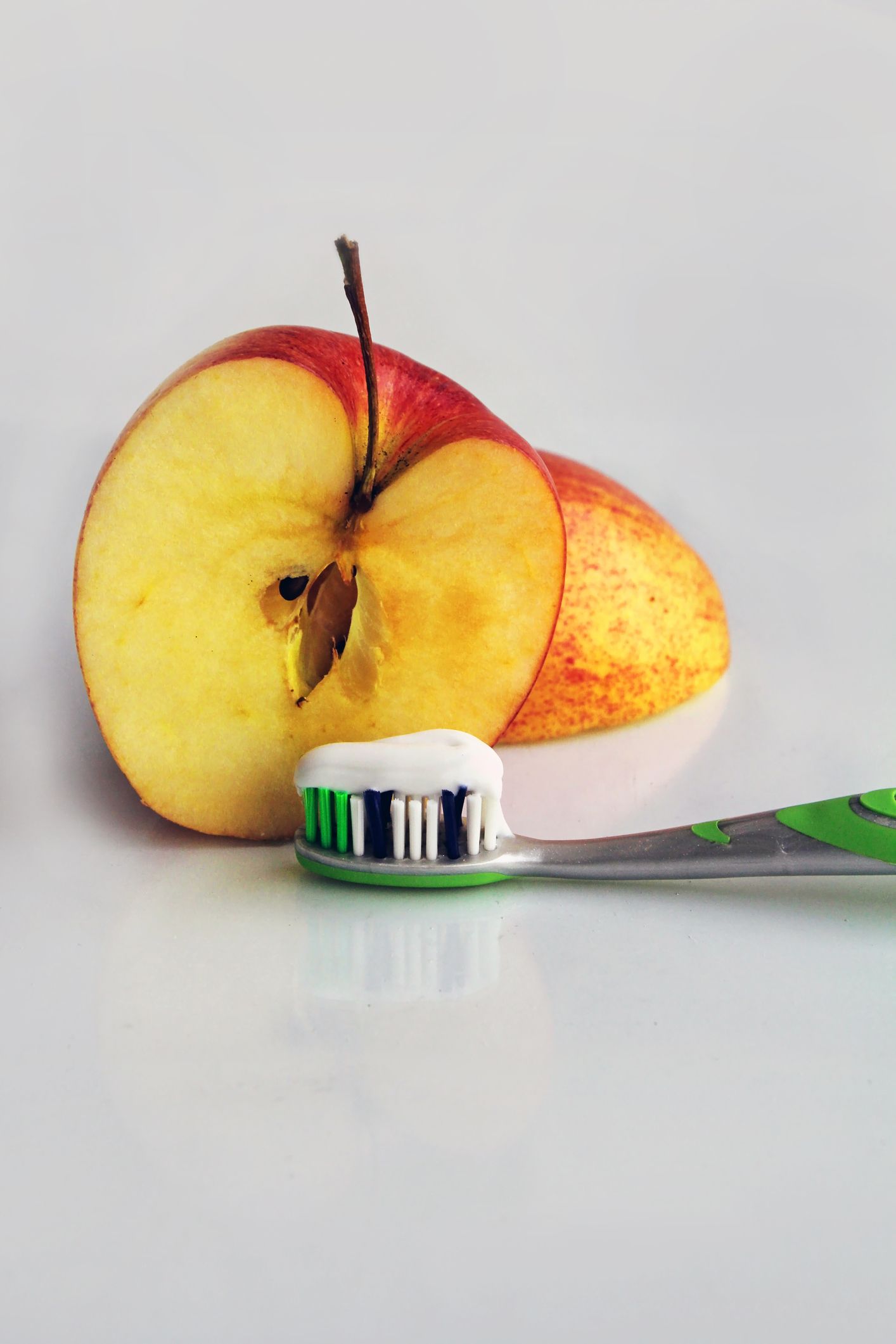Medications, Dry Mouth, and Tooth Decay: What You Need to Know
If you're taking medications and have noticed your mouth feels dry more often, you're not alone. Dry mouth (also called xerostomia) is a common side effect of many prescription and over-the-counter medications. Unfortunately, it can do more than cause discomfort—it can also increase your risk for tooth decay.
In this post, we’ll explain the connection between medications, dry mouth, and dental health, and what you can do to protect your smile.
How Medications Cause Dry Mouth
Over 500 medications are known to reduce saliva production. These include:
- Antidepressants
- Blood pressure medications
- Antihistamines (for allergies)
- Decongestants
- Muscle relaxants
- Pain medications (opioids)
Saliva plays a critical role in keeping your mouth healthy. It helps neutralize acids, wash away food particles, and support the natural repair of your tooth enamel. When saliva is reduced, harmful bacteria can thrive—leading to
plaque buildup,
cavities, and even
gum disease.
Why Dry Mouth Increases Risk of Tooth Decay
Without enough saliva:
- Food, sugar, and acids stick to your teeth longer.
- Bacteria multiply more rapidly
- Enamel erosion happens faster
- Cavities form more easily
Even patients with excellent brushing habits can develop decay if they have persistent dry mouth.
Signs You May Have Dry Mouth
- Feeling thirsty all the time
- Sticky, dry feeling in the mouth
- Difficulty swallowing or speaking
- Bad breath
- Burning sensation in the mouth
- Cracked lips or corners of the mouth
- Increased cavities or dental issues
What You Can Do to Protect Your Teeth
1. Talk to Your Dentist
Let your dentist know about all medications you’re taking. We can help monitor your oral health and suggest treatments or preventative steps.
2. Stay on top of your oral hygiene routine
- Brush and floss after each meal to ensure there’s no food particles left in your mouth.
- Utilize remineralizing mouth rinses designed to help dry mouth such as RiseWell Balancing Mouthwash or Biotene Oral Rinse and Mouthwash for Dry Mouth
- 2. Stay Hydrated
Drink water frequently throughout the day.
Avoid sugary drinks, as they can significantly increase your risk of cavities—especially if you’re already dealing with dry mouth.
3. Stimulate Saliva Flow
- Use sugar-free chewing gum or mint with xylitol
- Eat crunchy fruits and vegetables
- Ask your doctor or dentist about saliva substitutes or prescription rinses
4. Use the Right Products
- Choose
fluoride toothpaste and alcohol-free mouthwash
- Use
high-fluoride rinses or
prescription-strength fluoride gel if recommended
- Consider a humidifier at night
5. Maintain Regular Dental Visits
Routine cleanings and early detection are key in managing dry mouth and preventing tooth decay.
Final Thoughts
If left unmanaged, medication-induced dry mouth can have serious effects on your dental health. Fortunately, with the right care and preventive strategies, you can protect your smile and maintain a healthy mouth.
If you're experiencing dry mouth or have noticed an increase in cavities, we’re here to help. Contact our office to schedule an appointment—we’ll work with you to create a personalized plan that supports both your oral and overall health.
